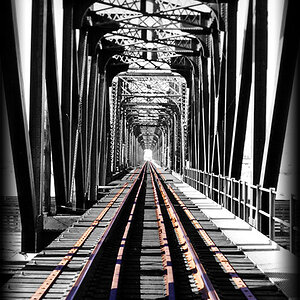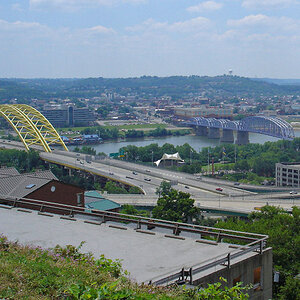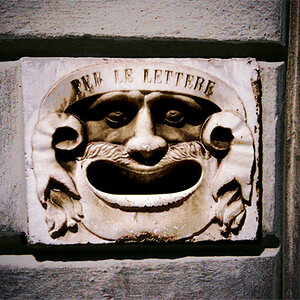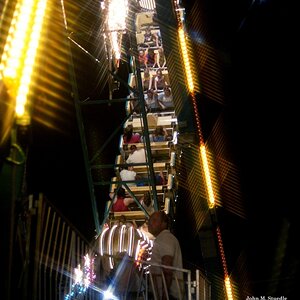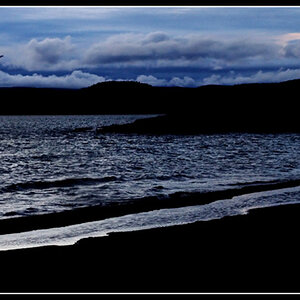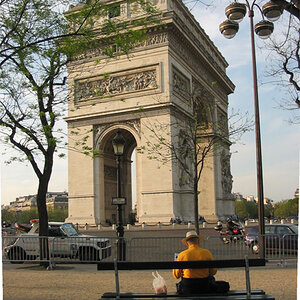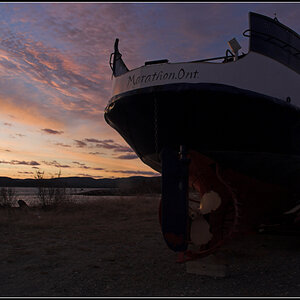Kathleen
TPF Noob!
- Joined
- Mar 26, 2007
- Messages
- 121
- Reaction score
- 0
- Location
- Ontario
- Can others edit my Photos
- Photos OK to edit
I may be a little confused on the concept of composition. This is my understanding, please correct me if I'm wrong, and please explain.
Looking for photo opportunities I try to scope out the whole scene before shooting. I believe that composition consists of creating a mood, sparking ones imagination, evoking inner emotions and in hopefully some cases telling a story for the viewer of the photo. Am I totally lost?
I'm a beginner, this is one of my first shots with my Canon Rebel...
Looking for photo opportunities I try to scope out the whole scene before shooting. I believe that composition consists of creating a mood, sparking ones imagination, evoking inner emotions and in hopefully some cases telling a story for the viewer of the photo. Am I totally lost?
I'm a beginner, this is one of my first shots with my Canon Rebel...


![[No title]](/data/xfmg/thumbnail/32/32930-09414fc020c2a60a456ff59a05c5ef8f.jpg?1619735759)
![[No title]](/data/xfmg/thumbnail/37/37521-5e19cc15e190997d963ed09c3c13ca9c.jpg?1619738129)
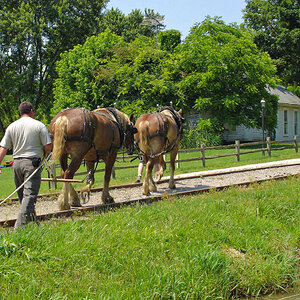
![[No title]](/data/xfmg/thumbnail/37/37522-f67b10bc5ee534f9bc21ee94917445b9.jpg?1619738129)
